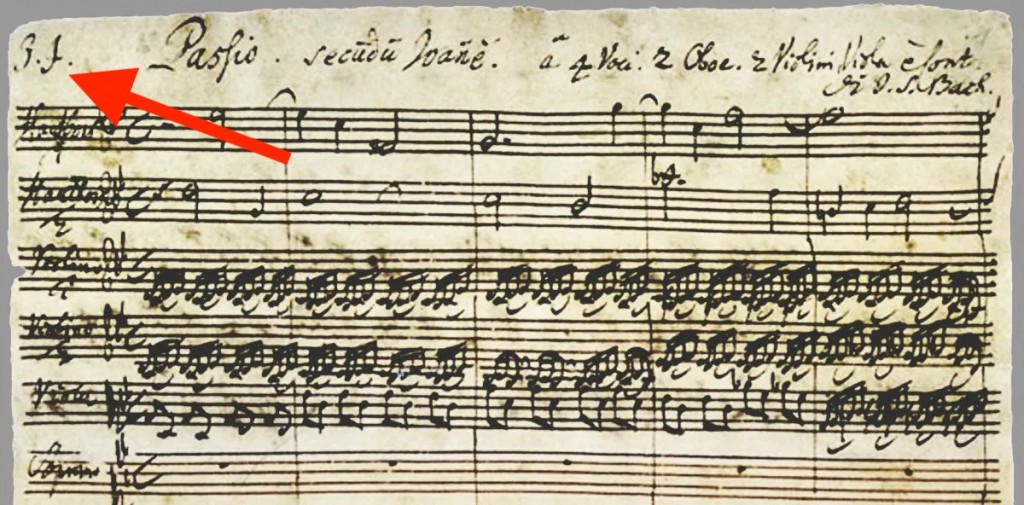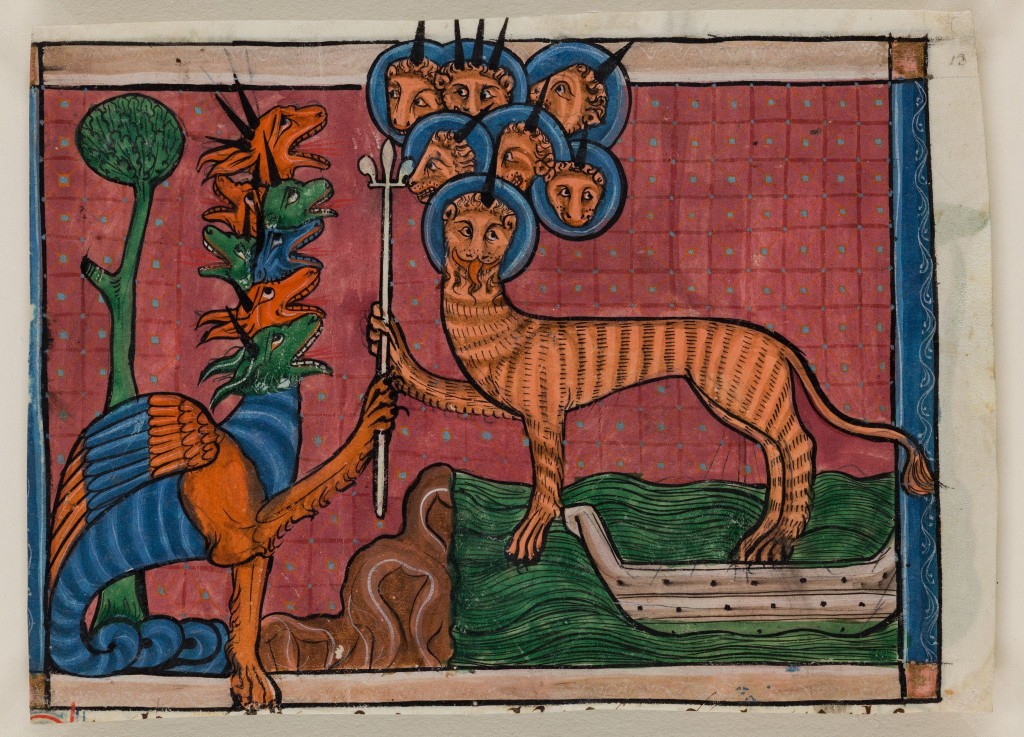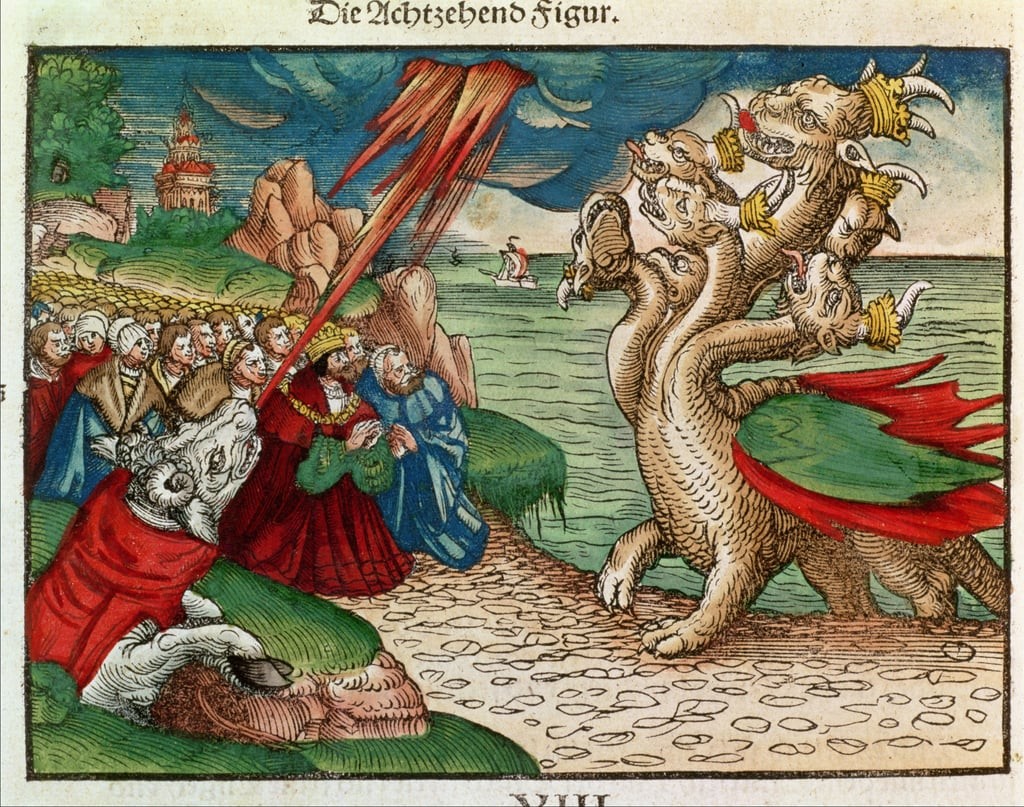
Revelation 19
1 After this I heard what seemed to be the loud voice of a great multitude in heaven, crying out, “Hallelujah! Salvation and glory and power belong to our God, 2 for his judgments are true and just; for he has judged the great prostitute who corrupted the earth with her immorality, and has avenged on her the blood of his servants.” 3 Once more they cried out, “Hallelujah! The smoke from her goes up forever and ever.” 4 And the twenty-four elders and the four living creatures fell down and worshiped God who was seated on the throne, saying, “Amen. Hallelujah!” 5 And from the throne came a voice saying, “Praise our God, all you his servants, you who fear him, small and great. 6 Then I heard what seemed to be the voice of a great multitude, like the roar of many waters and like the sound of mighty peals of thunder, crying out, “Hallelujah! For the Lord our God the Almighty reigns. 7 Let us rejoice and exult and give him the glory, for the marriage of the Lamb has come, and his Bride has made herself ready; 8 it was granted her to clothe herself with fine linen, bright and pure”—for the fine linen is the righteous deeds of the saints. 9 And the angel said to me, “Write this: Blessed are those who are invited to the marriage supper of the Lamb.” And he said to me, “These are the true words of God.” 10 Then I fell down at his feet to worship him, but he said to me, “You must not do that! I am a fellow servant with you and your brothers who hold to the testimony of Jesus. Worship God.” For the testimony of Jesus is the spirit of prophecy.
Writing in The Atlantic, Ashley Fetters talked about the surprising popularity of Leonard Cohen’s 1984 song “Hallelujah.” She was reviewing Alan Light’s book, The Holy or the Broken: Leonard Cohen, Jeff Buckley, and the Unlikely Ascent of “Hallelujah.“ That is an entire book about how a song with a biblical title—even though the lyrics are, at times, very much not biblical—became a cultural phenomenon. When Leonard Cohen first submitted the song to the label they were not going to publish it. They hated it. They did not understand it. They did not know what to do with it. It was not even a prominent song on the album. It was the first track on the b-side of the album. And, for a good while, the song languished. Fetters writes that “‘Hallelujah’ has metamorphosed over the years from a cheesy, reverb-heavy B-side oddity on an album Cohen’s label rejected to a mystical, soul-stirring pop canticle that’s played today at just as many weddings as funerals.” She goes on to recount how this unlikely hit rose to prominence after Jeff Buckley covered it on an album in 1994. Since then, the song has exploded and has been covered by seemingly everybody and appears frequently on tv shows, in movies, and on tv singing competitions. Perhaps the two events that brought it the most prominence were Justin Timberlake’s version of it on live TV for a Haiti benefit and, oddly enough, the movie Shrek, where likely many people who had never heard the song heard it for the first time, especially children. The article reveals how even Leonard Cohen became a bit irritated with the seemingly obsessive performances of the song.[1] Hallelujah means, in essence, “Praise the Lord!”
By the way, that is not the only time that a biblical concept became a 1980’s pop hit. The year after Cohen released “Hallelujah” Mr. Mister released their song “Kyrie.” The chorus of the song prominently features the Greek words “Kyrie, eleison.” It is a fantastic song! “Kyrie, eleison” means, “Lord, have mercy.”
What is going on here? How do songs with prayer cries become hits? I suppose some might argue that they were just good songs. Maybe so. But I wonder: could it be that one part of the success of songs like this is because, having been created in the image of God and only truly being at rest in God (as Augustine says), our hearts connect deeply with these prayers? Put another way, maybe, oddly enough, even given the song “Hallelujah’s” at times non-biblical angles, our hearts connect to what they most desperately need and what we most definitely need is a Hallelujah!
John Newport makes the fascinating observation that “[t]he word hallelujah is used only in verses 1,3, [4], and 6 [of the book of Revelation] in the New Testament” and that in Hebrew it means “praise the Lord.”[2] How interesting! This word that is used so often in church culture is used so seldom in the New Testament. And yet it is one of the most beloved of all biblical words. Why? Why is it so prominent in our culture and why, specifically, does it appear in Revelation 19? It appears because Babylon has fallen and heaven now rejoices! It appears because “Hallelujah!” is the ultimate cry of celebration and of worship.






